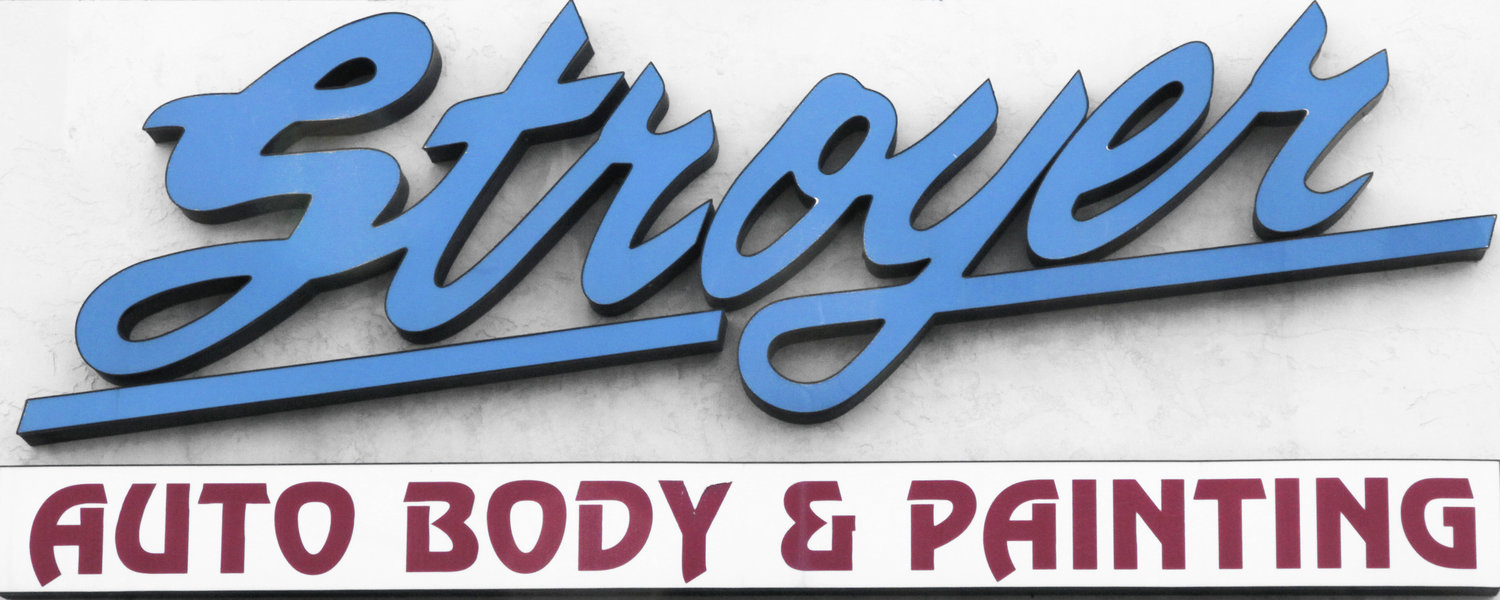What you should know about car insurance
No one is ever looking for an auto accident and it is very important that you take the time to understand your auto policy and insurance terms. Understanding your policy can be the difference between having the right coverage and large out of pocked expenses.
Meet with your auto insurance agent and review your current policy to avoid future problems.
From an auto body shop standpoint, we see a lot of cases where people found out too late that they did not have the proper coverage. Know what you’ve got! Ask questions! If your agent is not helpful, we can recommend an agent who will take the time to audit your policy and answer your questions.
Insurance terms you should know
Claimant
A Claimant is any person making a claim against the insurance company. You could be the Claimant and the Insured if it’s your policy or just the Claimant if you are filing a claim against another person’s policy.
Collision
This refers to any claim resulting while the vehicle is being driven.
Comprehensive
This usually refers to any claim to the vehicle if it was not being driven such as vandalism, theft or natural disaster. A Comprehensive claim usually carries a different, often lower, deductible than a Collision claim.
Deductible
The amount you will be responsible to pay if you choose to use your insurance policy. Generally the higher the deductible the lower the premium.
Gap Insurance
In the event your car is deemed a total loss (the value of the repair exceeds the actual value of the car), this coverage will pay you the difference between what you owe on your loan and the actual value of the car determine by the insurance company. This is important if the actual value of the car is less than the amount you still owe on the car. Before you buy a new car, check with your insurance company to see if they offer GAP insurance. If not, you can purchase this coverage through the dealer, another insurance company, or an online GAP insurance company.
Liability
This is mandatory in California and covers the other party if you are at fault in an accident. This does not provide coverage for your own car.
OEM Endorsement
OEM stands for Original Equipment Manufacture or Factory parts. Without this on your policy your insurance company may have the right to have your vehicle repaired with non factory parts. This is especially important if you have a newer car and want it to be repaired to its pre-accident condition.
Rental
Rental coverage can be added to your policy if you will need to have the use of another car while yours is being repaired. Check with your agent to determine if you have enough rental coverage to pay for a car similar to your own. We recommend checking the current rates with rental car companies such as Enterprise or Hertz and compare them to what your policy allows. Most insurance companies have direct billing set up with rental car companies; however some may require you to pay for the rental and then you will be reimbursed.
Towing
Some policies have towing limitations; make sure your policy will pay to have your car towed to the repair shop of your choice.
Un-insured and Under-insured motorist
Provides coverage to you and your property in the event you are hit by an un-insured or under-insured motorist.

